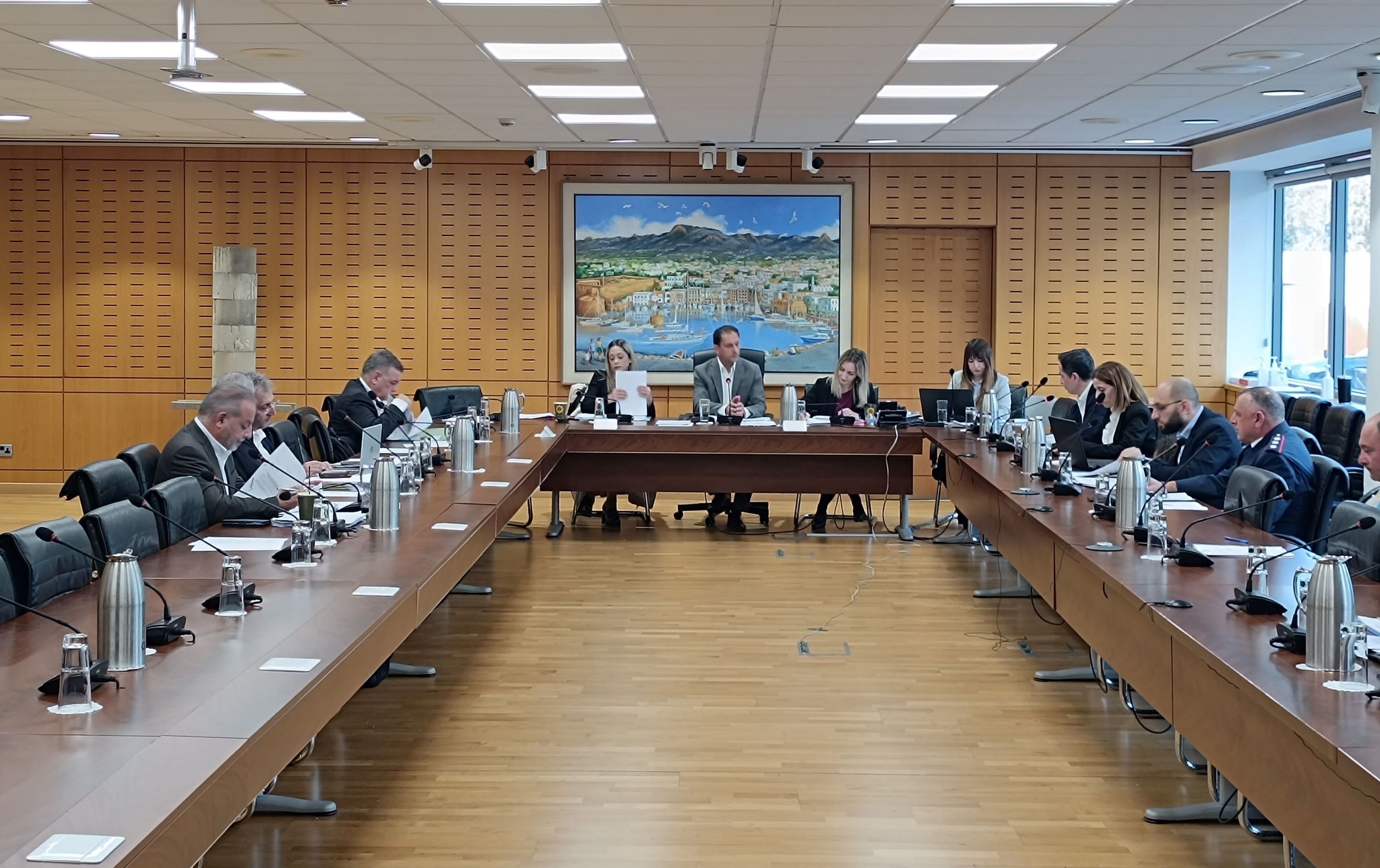Allowing children of mothers who are registered as displaced persons to vote for MPs-in-exile from the Famagusta and Kyrenia districts may disrupt parliament’s balance, the interior ministry spokesman Menelaos Vasiliou said on Thursday.
Addressing the House interior committee, he said such a change would have a “direct impact” on the number of seats allocated to each district.
In specifics, he said, the Larnaca, Limassol, and Paphos districts would each lose an MP, with the Famagusta district gaining two MPs and the Kyrenia district gaining one, with Famagusta and Kyrenia set to gain more MPs in comparison to Cyprus’ other three districts which do not send MPs-in-exile to parliament with the passage of time.
Additionally, Vasiliou said, if the registration of children of mothers considered displaced persons to vote for MPs-in-exile becomes mandatory, and no limit is placed on the number of generations for which this is applicable, “in 20 years, the vast majority of voters, if not all of them, will be considered to be displaced”.
“This will mean the distribution of seats will not be representative of the electorate,” he said.
The bill to allow children of mothers who are registered as displaced persons to vote for MPs-in-exile was put forward by Disy MP Rita Superman, who represents the Kyrenia district. It was co-signed by 15 other MPs.
She told news website Reporter that her bill’s aim is to “eliminate discrimination and injustice and to give the children of mothers who are registered as displaced persons the right to vote and be elected in their mother’s district if they wish”.
“The reason I did this is because the violation of these rights has existed for years. Some of these people have voted several times and have been connected to their villages and municipalities and are active in electoral issues,” she said.
Under the current law, the children of displaced fathers are considered to have “permanent residence” in their father’s district and, as such, are considered to be from the same place as their fathers for electoral purposes.
At present, there are 20 MPs from the Nicosia district, 12 MPs from the Limassol district, 11 MPs from the Famagusta district, six MPs from the Larnaca district, four MPs from the Paphos district, and three MPs from the Kyrenia district.
Meanwhile, Edek leader Marinos Sizopoulos suggested that the number of MPs be raised from an official figure of 80 to 90, meaning that minus the non-existent Turkish Cypriot MPs, the number of MPs would rise from 56 to 63.
He said the seven new MPs would not be attached to an electoral district but instead be elected in nationwide ballots.
Responding to the suggestion, Vasiliou said the matter is a “political issue” and that there are no “technocratic” barriers to such a plan being implemented, but did express concerns over the viability of independent candidates in a nationwide parliamentary election.
Sizopoulos then moved on to the matter of the constitution, pointing out that it would have to be changed to increase the number of MPs.
The legal service’s representative at the meeting was less than impressed by the idea, pointing out that any change in the law regarding the number of MPs hinges on the doctrine of necessity, and that this requires that “sufficient justification” be provided.
The representative added that Sizopoulos’ justification is “unsubstantiated” in his proposal.
Despite this knockback, Akel MP Aristos Damianou said he believes the legal service can be brought round to the idea, saying he believes their initial reluctance to favour the proposal to “not be a major issue”.
Sizopoulos pointed out that no country in the European Union has fewer MPs than Cyprus and pointed out the procedural difficulties this brings about in terms of filling parliamentary committees and other responsibilities.
He pointed out that the number of MPs had been increased before, rising from 35 to 56 ahead of the 1985 parliamentary elections, and that a further increase could now be made in-keeping with the doctrine of necessity 40 years later.
“From that point on, it is parliament’s right to decide whether this increase will be in the form of a nationwide electoral contest or whether these extra MPs will belong to electoral districts. Our proposal is that it be a nationwide contest,” he said.






Click here to change your cookie preferences